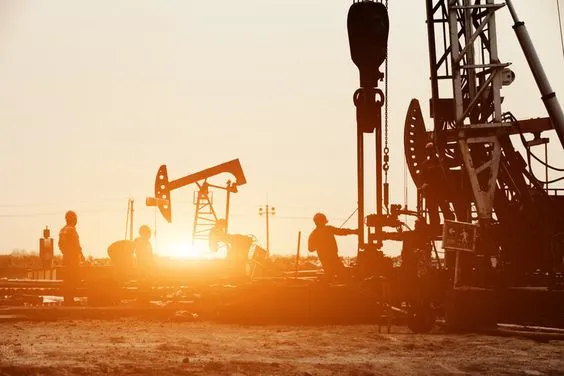
Russia has announced a major cut in the oil export levy in January following the introduction of a price cap on its crude oil by G7 countries and Australia.
According to the Russian Finance Ministry, taxes levied on exported oil will fall by $3.63 per barrel from what was being charged in December to a total of just $2.28 per barrel from 1 January 2023.
The tax change is seen among Russian commentators as an attempt to underpin the commercial feasibility of oil export sales for Russian players after the introduction of the G7 price cap.
The steep reduction in the oil export tax is in tandem with an average sale price of Russian sour and heavy oil blend Urals that fell by 19% to $57.50 per barrel during an observation period between 15 November and 14 December, the Finance Ministry said in a social network statement.
Russia has given few clues about the scale of the impact on profitability of the recently imposed European oil embargo on Russian oil purchases and the G7 decision to impose a cap of $60 per barrel on Russian oil shipments to third countries from 5 December.
Russian oil has to travel thousands of kilometres from West Siberia via the trunkline network to ports in the European part of the country where it is loaded into tankers for an even longer journey to end buyers in India and other countries in Asia.
Associated logistics and shipping costs had already risen up to multi-year highs ahead of the price cap, especially for Aframax tankers capable of carrying about 700,000 barrels of oil that are commonly used to carry Urals, according to shipping reports.
This has pushed the price of Russian Urals destined for Asia to below $40 per barrel this week, according to market players quoted by Reuters.
Missing response
Meanwhile, President Vladimir Putin has not issued any declaration of support for a reduction in the country’s Russian oil production, as suggested by deputy prime minister Alexander Novak.
Almost two weeks after the introduction of the price cap, the Kremlin is still procrastinating over its instructions to Russian oil producers on how they should approach the much-discussed restriction.
The Kremlin reportedly intends to monitor the ability of Russian oil producers and their offshore-registered marketing arms to cope with the new restriction during the first quarter of 2023.
Putin’s spokesperson Dmitry Peskov said on Thursday that the Russian president is planning to sign a decree detailing the response later this week.
News agency Bloomberg quoted unnamed Russian officials as saying that the draft document may only prohibit sales under export contracts that mention the price cap as a condition of the purchase transaction.
Mikhail Krutikhin, a partner in Moscow-based energy consultancy RusEnergy, argued that Russian oil producers “will make every attempt to sell as much oil as possible outside the country and at any price”.
G7 and Australia are planning to revise the Russian oil price cap at the beginning of February 2023.
Source: https://www.upstreamonline.com/
